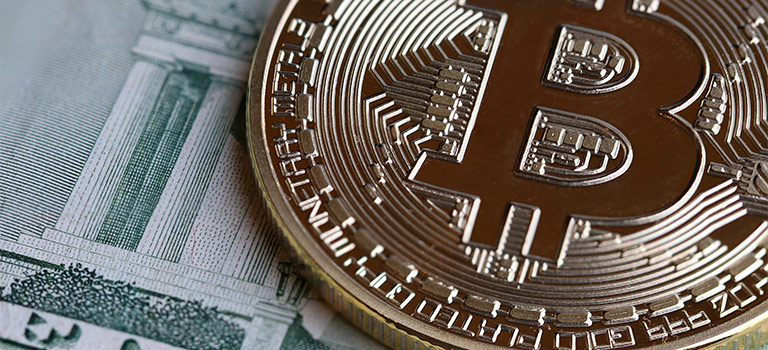PALO ALTO, Calif. (Reuters) - The Federal Reserve more info is taking a look at a broad range of problems around digital payments and currencies, consisting of policy, style and legal considerations around possibly issuing its own digital currency, Governor Lael Brainard said on Wednesday. Brainard's remarks recommend more openness to the possibility of a Fed-issued digital coin than in the past." By transforming payments, digitalization has the possible to provide greater value and benefit at lower cost," Brainard said at a conference on payments at the Stanford Graduate School of Service.
Main banks globally are disputing how to handle digital financing innovation and the dispersed ledger systems utilized by bitcoin, which promises near-instantaneous payment at potentially low expense. The Fed is developing its own round-the-clock real-time payments and settlement service and is currently reviewing 200 remark letters submitted late last year about the More help suggested service's style and scope, Brainard said.
Less than 2 years ago Brainard told a conference in San Francisco that there is "no compelling demonstrated requirement" for such a coin. But that was before the scope of Facebook's digital currency ambitions were widely known. Fed officials, including Brainard, have raised concerns about customer securities and information and privacy risks that might be postured by a currency that could enter into usage by the 3rd of the world's population that have Facebook accounts.
" We are teaming up with other main banks as we advance our understanding of central bank digital currencies," she stated. With more nations checking out providing their own digital currencies, Brainard said, that adds to "a set of factors to also be making sure that we are that frontier of both research study and policy development." In the United States, Brainard said, concerns that require research study include whether a digital currency would make the payments system safer or easier, and whether it could pose financial stability dangers, consisting of the possibility of bank runs if cash can be turned "with a single swipe" into the reserve bank's digital currency.
To counter the financial damage from America's unmatched nationwide lockdown, the Federal Reserve has taken extraordinary steps, consisting of flooding the economy with dollars and investing directly in the economy. The majority of these moves got grudging acceptance even from lots of Fed skeptics, as they saw this stimulus as required and something only the Fed might do.
My brand-new CEI report, "Government-Run Payment Systems Are Unsafe at Any Speed: The Case Versus Fedcoin and FedNow," information the threats of the Fed's existing prepare for its FedNow real-time payment system, and proposals for central bank-issued cryptocurrency that have actually been dubbed Fedcoin or the "digital dollar." In my report, I discuss issues about privacy, information security, currency manipulation, and crowding out private-sector competition and development.

Supporters of FedNow and Fedcoin say the government must develop a system for payments to deposit immediately, rather than motivate such systems in the private sector by lifting regulative barriers. But as noted in the paper, the economic sector is providing a relatively unlimited supply of payment innovations and digital currencies to fix the problemto the degree it is a problemof the time gap in between when a payment is sent out and when it is received in a savings account.
And the examples of private-sector development in this area are lots of. The Clearing Home, a bank-held cooperative that has actually been routing interbank payments fedcoin a central bankissued cryptocurrency in various forms for more than 150 years, has actually been clearing real-time payments because 2017. By the end of 2018 it was covering half of the deposit base in the U.S.